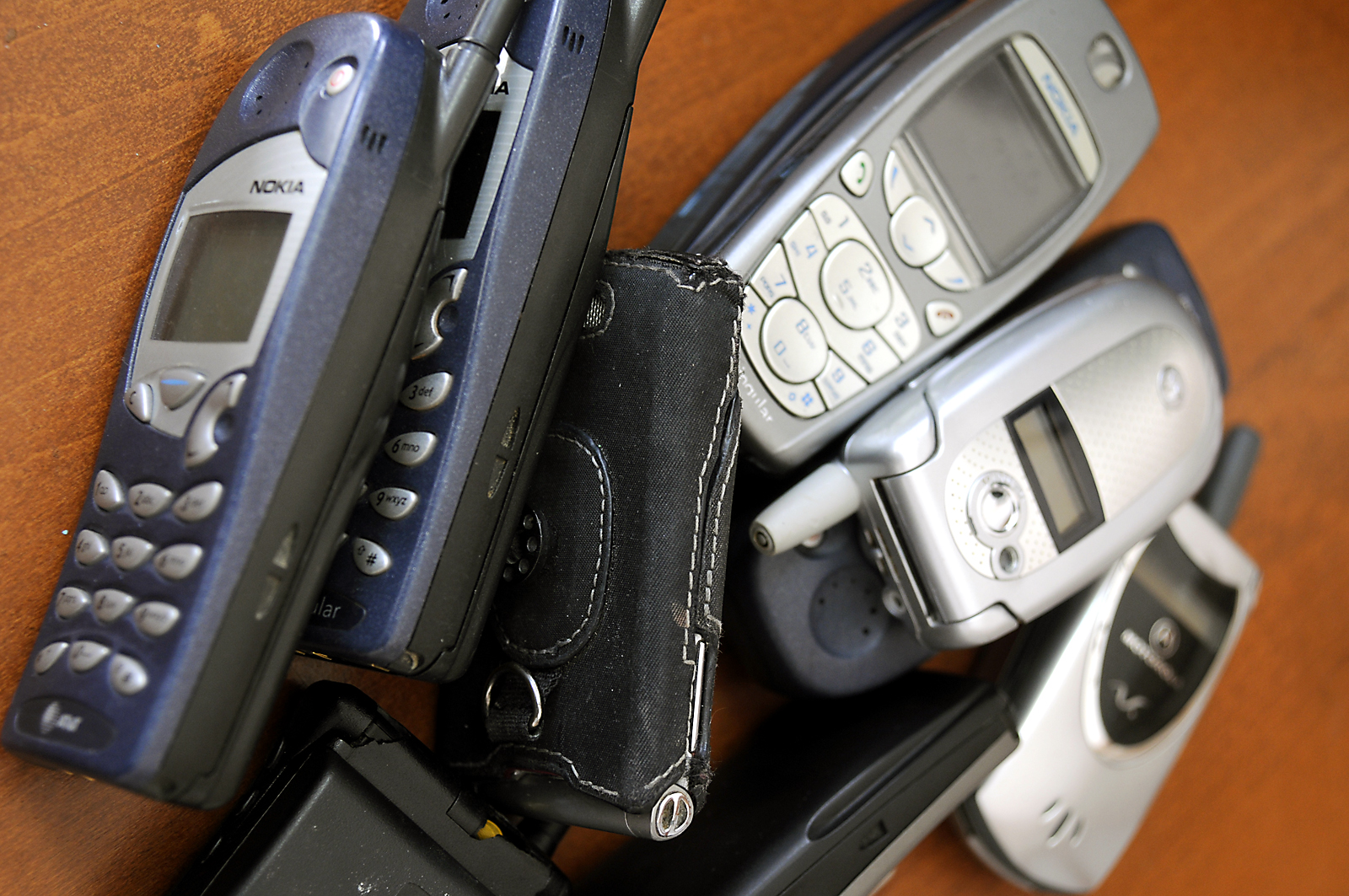U.S. consumers have lots to complain about these days, but one peeve that ranks high on any list of irritants are unexpected and exceedingly high charges on cellphone bills. The fees, sometimes thousands of dollars in a billing period, are so commonplace that they've earned a nickname -- "bill shock." The jolt those charges deliver to individual and family budgets might be a thing of the past, though, if a pact announced Monday between major U.S. wireless carriers and federal regulators works as planned.
Most "bill shock" occurs when customers exceed the fixed monthly voice, text or data limits on their plans. Currently, many wireless providers do not warn customers that they are approaching those limits. Under the agreement, they will. The new rules, expected to be fully implemented in 18 months, should help resolve a major consumer issue.
One Federal Communications Commission study in 2010 indicated that more than 80 percent of the roughly 30 million American U.S. consumers that have been socked with an unexpectedly high cellphone bill had no warning from their carrier that they were approaching or had gone over their limits. The warnings are needed. Exceeding limits is costly to consumers and, it must be said, profitable for carriers.
The billing problem is not new. The FCC has been dealing with it for a while, and cellphone companies recently started to feel the heat. The firms realized they had to change their business model. They had little choice.
If they had not voluntary sought the FCC pact, the companies likely would have been forced to make changes anyway. Legislation before the U.S. Senate, if approved, would have compelled the carriers to abide by rules similar to those in the Monday agreement.
Consumers should benefit significantly from the agreement. The FCC says about two-thirds of the thousands of complaints it received about monthly overcharges involved bills of $100 or more; about a fifth were for $1,000 or more. One consumer was socked with a $35,000 bill; another with one for $68,505.
Under the agreement, carriers covering about 97 percent of the U.S. market -- including Verizon, AT&T, Sprint and T-Mobile -- will alert customers when they are nearing monthly limits for voice, data and text services and when they are about to incur international roaming charges. A second alert will be sent when those limits are reached. That's fair to both parties.
The agreement will work only if consumers and wireless providers follow through. The companies will have to send alerts as they have pledged to do. The FCC will monitor the providers. Consumers are on their own, though.
There is no agency to make them heed the messages from their carriers, or to make them change their usage habits to avoid overage charges. If the pact works as planned -- never a given at the busy intersection where private industry and government regulators meet -- consumers in the future might have no one but themselves to blame for "bill shock."

